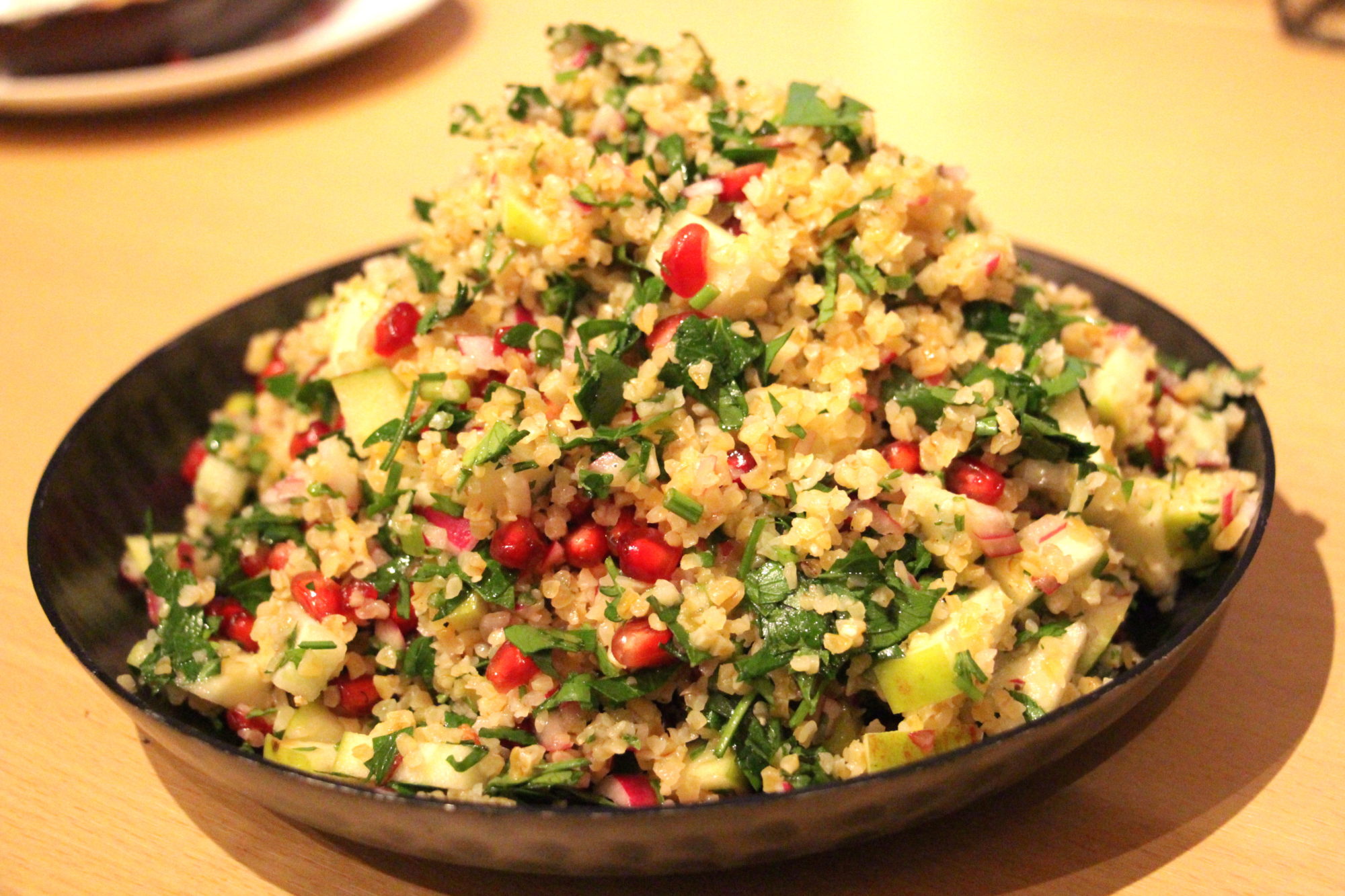The longer I stay in Europe, the more things back home become foreign to me.
As soon as I return to North America, I’m constantly having to text my sister, “Is 6pm a normal time for dinner?” “Is this person being nice or making fun of me?”
The result of more than ten years spent in France is that now, the cultural contexts of both countries are as familiar and as elusive as one another: I’ve often thought that becoming fluent in another language doesn’t mean you speak two languages just as well as one another; it means that you speak two languages just as poorly, and the same is true of culture.
I notice my deviation from my native culture even more when I’m watching American television: not all American television, mind you, but the shows that seem to be more American than television (and border on propaganda for someone outside of the fold) – programs like Blue Bloods and Chicago Fire.Â
I’ll admit, I like these shows: for the heart swells every time someone makes a human connection, for the pomp and circumstance and ceremony of it all. The Country Boy loves them to, albeit for different reasons: he likes their action-packed episodes, but I think he also likes the glimpses they offer into the strangeness (or let’s call it the foreignness) of American culture.
While watching a particularly timely episode of Chicago Fire recently, TCB stared at me in horror as I explained that, yes, all American children do say the Pledge of Allegiance in school.
“We used to have that too,” he said, rolling his eyes. “Maréchal, me voilà .”
(He was quoting the propaganda song that the temporary head-of-state during the collaborationist Vichy régime forced schoolchildren to say.)
But that’s a far more political story for a different day. Because while these shows do often show a dramatized reality of what we actually live through in America, they also tend to show a different problematic issue that I wanted to bring to people’s attention nonetheless:
Hey, fellow white people: Europeans don’t care about your origins.
This is a trope I see again and again in American television. In Blue Bloods, the Reagans are constantly on and on about their Irish heritage, to such an extent that the Irish president recognizes their Irishness in a very American ceremony where some sort of statue is erected and there’s lots of instrumental music and saluting and stoic, silent types holding back tears. Never mind that of the four generations of Reagans that we regularly see on the show, not one was born in Ireland.
The same thing happens in The Sopranos, where Tony and his capos journey to Italy. Now I can’t speak to the context of mafia life, but no Italians care if you have Italian origins, especially if your parents – like Tony’s – were not actually born in Italy.
We have this tendency, in America, to lay claim to our heritage in a way that baffles Europeans, because the heritage that they lay claim to is still there, at least as far as they can tell. When I first arrived in Europe, people found it strange that I identified so clearly with my Italianness, and I’ll admit, the longer I’ve stayed in France, the further I’ve felt from it. I used to feel a need to tell people what my heritage was, but after years of Europeans – and especially Italians – giving me blank stares when I claimed to be Italian but had no direct Italian parentage (and indeed was three generations removed from the closest Italian-born relative), I stopped.
Of course, what the French, at least, won’t tell you is that the heritage they claim to be descended from – the proto-France of the Gaulish Astérix and Obélix – is in fact a myth perpetrated by the Empire of Napoléon III to create some semblance, some feeling of cultural unity. It’s actually poppycock; there is no common Gaulish ancestor, no blood link to Vercingetorix.
Roots are roots; some people identify with them strongly, and others don’t. Neither way is right or wrong, but seeing the skepticism that Europeans have over these claims made me think about the reason why: why identify so closely with the country your ancestors are from, a country whose language you don’t speak? What does that culture mean to you?
So often, these links come, not from language or religion or even provenance but rather from food: this is the part that we identify with strongly; this is what most of us mean when as American-born people we say, “I’m Italian. I’m Irish.” This is my family; these are my roots; this is my past; this is my food.
Bulgur Salad with Pomegranate, Apple, and Cilantro (serves 2)
2 cups cooked bulgur
1 pomegranate, seeds
1 green apple, diced
3 tablespoons extra-virgin olive oil
1/2 lemon, juice
salt and pepper
1 small bunch cilantro, chopped
1/4 bunch parsley, chopped
5 mint leaves, chopped
Combine the bulgur, pomegranate, and apple in a bowl. Whisk together the olive oil and lemon juice, and season with salt and pepper. Drizzle over the salad and toss to combine. Add the herbs and toss once more. Chill 30 minutes or serve immediately.
